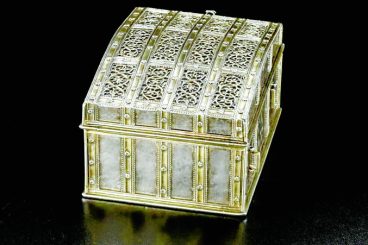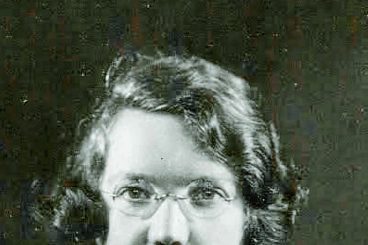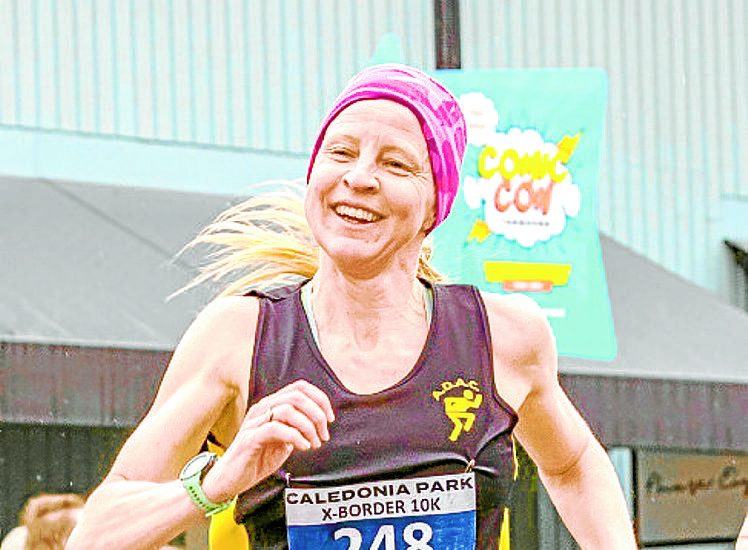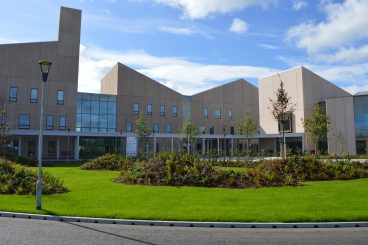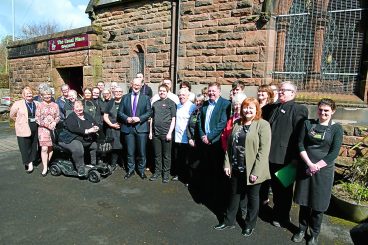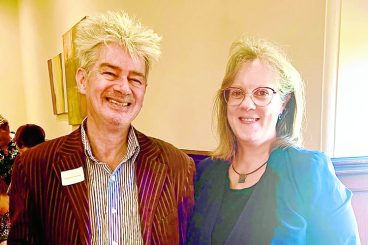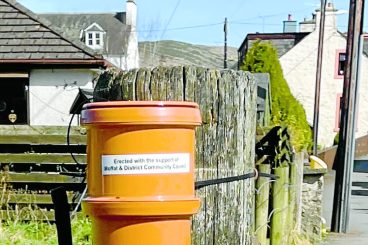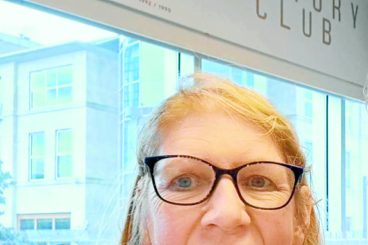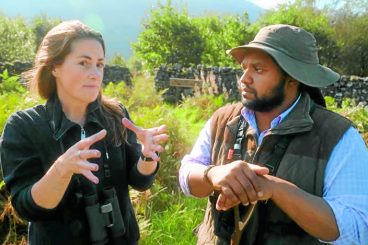CHALLENGES are still being faced in the bid to reduce drug-related deaths — but a new treatment is fuelling hopes that progress can be made.
Dumfries and Galloway’s successful introduction of a new medication to help treat opioid dependence has attracted national interest and raised local hopes of improved outcomes.
Consultant in Public Health Medicine Dr Andrew Carnon said: “Drug deaths are preventable, but sadly it’s unlikely that there will ever be one simple, easy means to address this issue either in Dumfries and Galloway or nationally.
“However, the success we’ve been seeing with the medicine Buvidal™ over recent months does offer further hope — by offering a greater choice to people seeking help.”
A pilot programme launched locally in December 2020 has now been highlighted in a national report, after it quickly expanded from 30 people to 210.
Dr Carnon said: “This medication is used to treat dependence on opioid (narcotic) drugs such as heroin or morphine.
“It is injected under the skin and it is long-lasting. It is provided weekly or monthly.
“This means those using it are supported to live more settled lives, with less disruption to work or important social connections.
“We’re hoping it’s going to make a significant difference.”
A national report on the implementation of medication assisted treatment (MAT) standards for 2022/23 was published in June and showed Dumfries and Galloway making good progress towards ten national goals.
Highlighting the use of Buvidal™ (or long-acting injectable buprenorphine), the report said: “There are good examples of work to overcome challenges. In NHS Dumfries and Galloway, the service has built multidisciplinary teams, including roles such as support workers and a clinical psychiatrist alongside nurses, pharmacy technicians and pharmacists.
“Since the launch of the pilot in December 2020, continuous growth and investment has enabled the service to expand the number of patients they can treat with buprenorphine from 30 to 210 people.”
The report notes the region has two main hubs with 55 NHS specialist drug and alcohol staff members in multidisciplinary teams. The service works closely with Third Sector partners including We Are With You and Alcohol and Drug Support Southwest Scotland. There is also good collaboration with community pharmacies and GP practices in the region.
Despite the recognition of all the work which is taking place, and wider work such as provision of naloxone kits which can help reverse the effects of an overdose, Dr Carnon is cautious.
Noting that the last annual report on drug-related deaths saw 35 lives lost in 2021, Dr Carnon said: “If we’re going to help people, and prevent avoidable deaths, it’s not going to be a simple, overnight solution.
“A great deal of work is already taking place, but more needs to be done to help prevent these deaths, where each one represents loss of a loved one, leaving behind a grieving family and friends.
“Hopefully, we can build on this progress, and that, given time, programmes offering people greater choice might start to lead to better outcomes.”
- Further information on other websites and local drug and alcohol services that can help, along with other more detailed guidance, can be found www.stopdgdrugdeaths.co.uk






